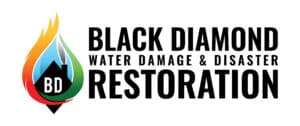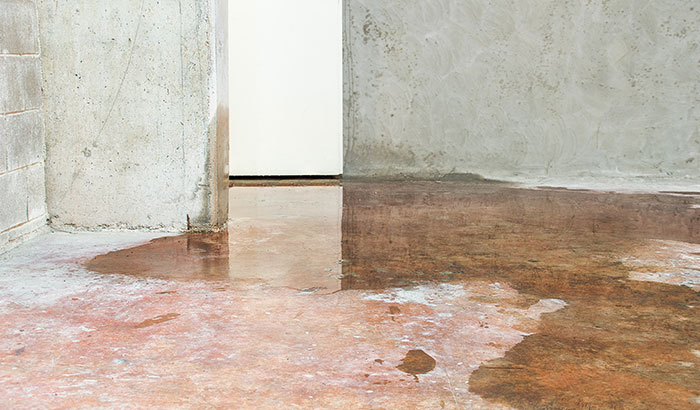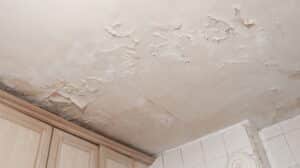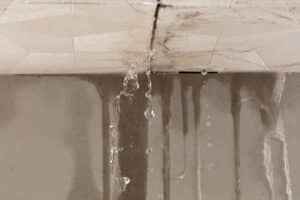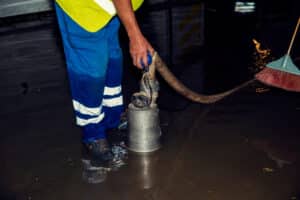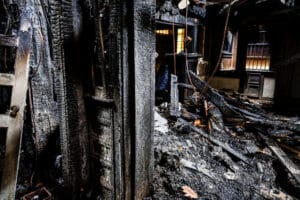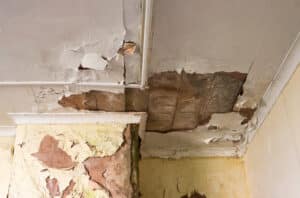Sewer damage is a serious problem that requires immediate attention. Unfortunately, it’s not something you can wait days to repair. After all, it can cause severe damage to your home and health issues for you and your family.
However simple as it might seem, sewer damage isn’t a DIY project to tackle on your own. While DIY projects are great for learning new skills and saving money, sewer damage isn’t the place to start. It requires extensive knowledge, work permits, and code regulations that have serious consequences when not properly followed.
Today’s blog explains six reasons why you should call professionals instead of trying to repair sewer damage on your own. Keep reading to learn everything you need to know.
6 Reasons to Avoid DIY Sewage Damage Repairs
1. You probably don’t have the experience of a plumber. Some DIY projects or repairs don’t require much knowledge or experience. But if a professional needs a license to perform the repair you’re attempting, it’s not something you should do on your own.
Why?
Generally speaking, when a license is required, the work must be done a certain way to be safe and not cause harm to others. For example, an electrician needs a license for work since working with electricity is hazardous and could result in severe injury or death if electrical work isn’t done correctly.
The same is true for sewage damage repairs. Sewage damage involves underground utility lines that could cause catastrophic harm if damaged. A professional plumber knows how to work safely around underground utility lines and every other aspect of plumbing.
So, if you have sewage damage that needs repair, call a plumber or sewage restoration company.
2. You likely don’t have enough equipment. Not only does sewage damage require experience, but it also requires equipment you like don’t have nor have access to.
Plumbers don’t buy their equipment at the Home Depot or Lowe’s. Instead, they get their tools from suppliers who specialize in plumbing. While you could likely find a plumbing supplier’s website online, you probably need a plumber’s license to make a purchase.
That license requirement prevents inexperienced individuals from hurting themselves or damaging their sewage system by misusing a tool.
3. Your attempt at repairs might cause more damage. There’s no replacement for experience and equipment. Combined, it’s guaranteed to bring much more success to your project.
Without those tools and knowledge, a lot could go wrong. For example, it’s not uncommon for a “fixed” sewage repair to create even more significant problems down the road from not being properly repaired. And, as an amateur, you wouldn’t know that it wasn’t correctly prepared until bigger problems surface.
Hiring a professional means having their experience and their warranty or insurance. Should something go wrong with the repairs, they’ll fix it for free.
4. There are safety concerns. A lot can come from a sewage line: methane gas, salmonella, e.coli, giardia… If you attempt a DIY repair, you could expose yourself to these harmful chemicals, gasses, and other substances.
Hitting a natural gas line could cause severe damage to you, your property, or your neighbor’s property, especially if there’s an explosion or a fire. Another area of concern would be the earth collapsing from the walls around the area where you’re digging.
These concerns are serious enough to leave sewage damage repairs to the professionals.
5. DIY repairs might cost more. While you might not want to spend the money hiring a professional, it might be your best option. After purchasing everything you need for your DIY repair, all the tools and equipment cost as much, if not more, as hiring a professional.
Plus, where would you store the equipment once you’re done with it? Returning it wouldn’t be an option, and you might never use it again.
On the flip side, regardless of how much the equipment costs, it will cost astronomically more if you call the professionals to fix what went wrong with your DIY repair.
6. Your repairs might need to meet code requirements. To conduct your own repairs, you need a permit. Because of the dangerous nature of sewage repairs, there are code requirements that sewer lines must meet. Permits and codes are complicated, to put it mildly.
A DIY repair might not meet those requirements, especially if you aren’t aware of them or don’t understand the requirements that come with a permit. Plus, there are sewer jurisdictions with individual rules that must be followed.
You must understand those rules to get the permit. While reading online articles can help you understand the basics of repairing your sewer line, it’s not enough to be able to make your own repairs.
When you hire a professional to repair your sewer, you can rest assured that your repairs will be done with a permit, according to local codes and regulations. You’re not just paying for the sewage repair. You’re getting the peace of mind that comes with knowing the job will be done right the first time.
These are the six most important reasons to avoid DIY sewage damage repairs. Trust us; keep the DIY projects to things that don’t require permits. Leave the dangerous work of sewage damage repairs to the professionals.
Trust Black Diamond Restoration for Sewage Damage Repairs
The professionals at Black Diamond Restoration have decades of experience with sewage damage repairs. No matter how large or small the repair is, you can trust our 24/7 service to get your sewer repaired and back in service in no time. Not only that, but we’ll clean up after the repair, keeping germs and unsanitary conditions out of your home.
We’re located in Murray, Utah, and serve the greater Salt Lake and Utah Valley areas. Call us at 801.512.4194, or visit our website to learn more about us. Let Black Diamond Restoration restore your home from sewage damage so you can get back to everyday life.
toto slot